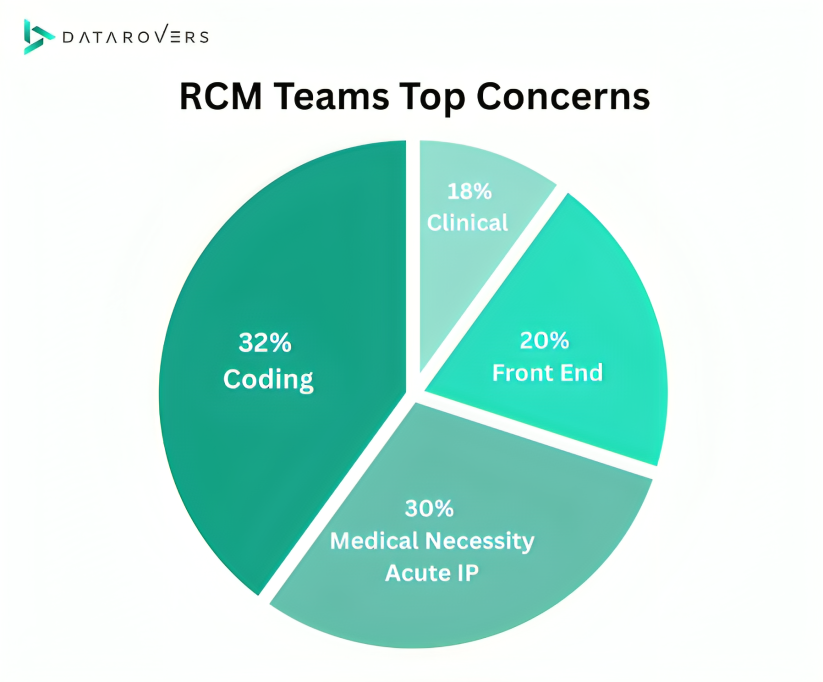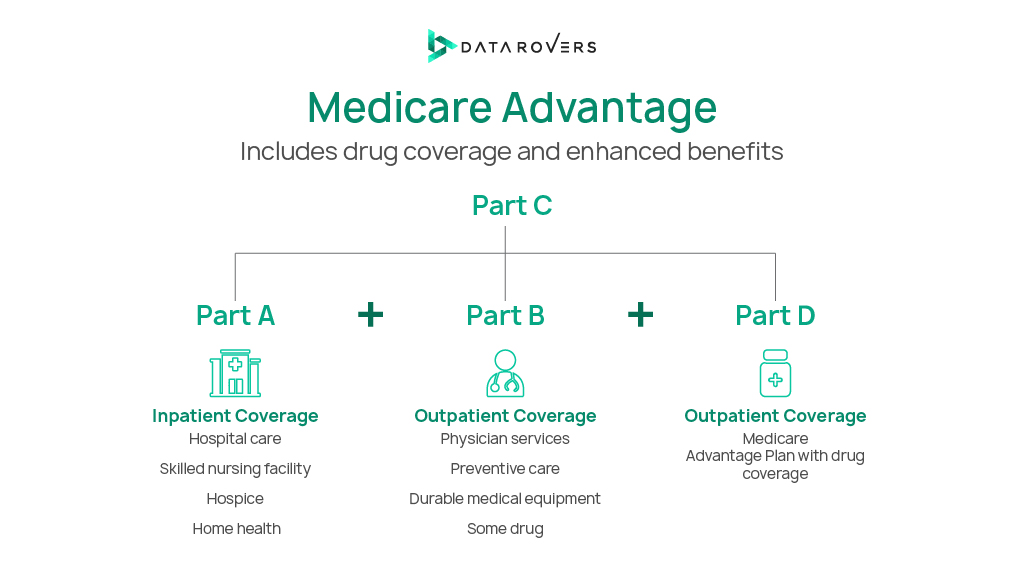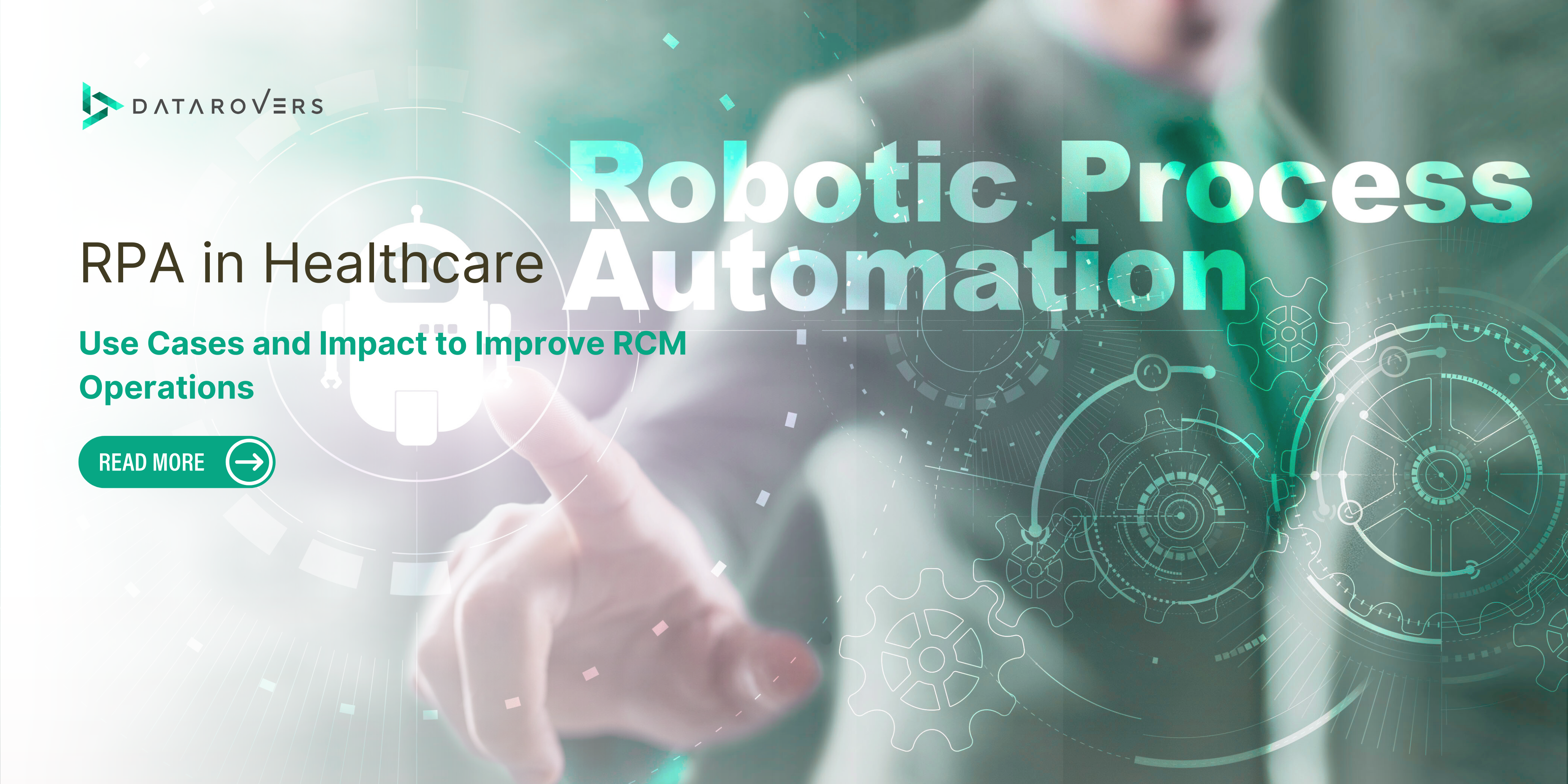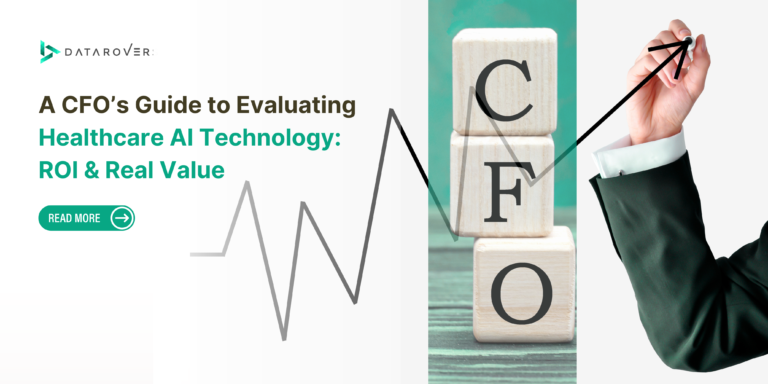Introduction
RPA or Robotic Process Automation focuses on automating repetitive, rule-based tasks. It also refers to Agentic AI which enables systems to make decisions, learn, and adapt autonomously. In traditional healthcare revenue cycle management (RCM) processes, every task was done manually by human staff which led to errors and delays. Since many companies integrated RPA in healthcare systems, they saw a drastic change in ROI. RPA can automate tasks, reduce errors, and cut costs. The implementation of AI in healthcare e.g; Software bots to automate tasks like claims processing. As a result, it reduces issues and boosts efficiency. In this blog, you will explore What are use cases of RPA in healthcare, real-world impacts, with a focus on integrating AI in healthcare for better results.
Analysis of RPA in Healthcare RCM
RCM without automation faces significant challenges. Traditional healthcare systems relied on paper-based, manual workflows. Healthcare staff had to manually enter data into Electronic Health Records (EHRs), processed claims, and managed denials. It often leads to inefficiencies. Reports suggest that manual processes lead to high error rates, with a 2023 TechTarget survey How Robotic Process Automation Optimizes Revenue Cycle Management identifies eligibility errors, missing prior authorizations, and incorrect patient information as top reasons for claim denials. Another report says that workforce shortages in healthcare exacerbated by events like the COVID-19 pandemic (noted in AKASA’s blog Hospital Revenue Cycle Management | AKASA) caused further delay processes. However, administrative burdens slow revenue cycles, impacting financial stability. But, many healthcare companies made a shift to AI in healthcare which in result enhanced RCM through predictive analytics (e.g., forecasting denials) and RPA in healthcare automating repetitive tasks.
Role of AI in Healthcare in Traditional vs. Modern Systems
Traditional RCM systems have been fragmented. Implementation of Machine learning in healthcare changes this by introducing predictions, such as identifying high-risk claims, and natural language processing for document analysis. Hospital reimbursement leaders or RCM professionals reported a variety of high-dollar concerns when it comes to denials and their strategies in preventing them. Respondents cited their top concerns as follows:

Since payers continue to deny claims, healthcare facilities and their revenue cycle teams need to focus on finding and correcting systemic issues, the report found. Moreover, some providers see nine percent of their claims denied each costing as much as $118.
Such a high rate of denials creates challenges for maximizing revenue. It creates necessity for the use of tools and technology to curb the problem. Relevant technologies like RPA, ML, AI and Gen AI Copilots for healthcare may perform eligibility checking and help with prior authorization. Although, this also requires staff training to utilize these tools for maximum results.
Many companies have built their own modern systems. They have integrated AI and healthcare with RPA in healthcare for intelligent automation. The result shows reduced administrative burdens which allowed providers to focus on patient care, a point echoed in reactive to proactive approach for denial management in healthcare.
Use Cases of RPA in Healthcare in RCM
RPA in healthcare’s impact on RCM is driven by specific use cases. Below are some of the use cases of RPA:

- Patient Eligibility Verification: Copilots can automate real-time insurance checks which reduces errors that were initially causing denials.
- Claims Processing and Management: AI in healthcare automates submission, status tracking, and follow-ups, cutting processing times.
- Denial Management: Predictive analytics in healthcare can identify denial reasons (e.g., missing documentation) and policy copilot can help generate appeal letters in minutes which improves recovery rates.
- Billing and Payment Reconciliation: AI in healthcare can generate invoices, posts payments, and reconciles discrepancies. It ensures accurate and timely billing cycles.
How RPA in Healthcare Changes the Game for RCM Operations
As we have mentioned above, before RPA in healthcare RCM was slow and error-prone. But, RPA in healthcare changes this by automating 24/7, eliminating errors. This results in faster claims processing, reduced denials, and improved cash flow, transforming RCM into a revenue booster. Lets see some experts insights on it with some challenges the implementation solves and the opportunities it gave to the whole healthcare sector:
RPA in healthcare Challenges
Healthcare faces many hurdles, as noted by multiple sources above. Data security is one of them, with HIPAA and GDPR compliance required. Another is high maintenance costs if systems change. But, integration with fragmented healthcare platforms is another issue, as seen in HFMA’s focus on interoperability Top revenue cycle challenges and opportunities.
RPA in Healthcare Opportunities:
When integrating AI in healthcare, the rewards are significant. Automation Anywhere’s case study showing a 20% cost reduction for St. John of God Revenue Cycle Management: Why it Matters in Healthcare | Automation Anywhere. It improves cash flow and freeing staff for patient care.
Expert Insight
An expert Howard Rosen mentioned his advice in the forbes article: Start with pilots, engage stakeholders early, and treat RPA in healthcare as a business transformation/ it will underscore its potential which will align with implementation steps.
Real-World Impact of RPA in Healthcare
RPA in healthcare’s impact is measurable. Below are some cases that highlight RPA in healthcare’s ability to cut costs, speed cycles, and boost revenue recovery, with numbers providing concrete evidence. Lets see:
- DataRovers Copilots: Implementing their copilots can reduce denials by 90%, high chances of first claim pass, 30% AR reduction rate, 5%-10% revenue increase.
- St. John of God Healthcare, Australia: St. John of God Health Care processes nearly $1B AUD with RPA, reduces operational costs by 20%.
- R1 RCM: Automates over 32 million tasks annually with over 300 digital workers across 75+ health systems in over 200 locations, showcasing scalability, as noted in their article.
Change Healthcare RCM with AI-powered Automation
DataRovers is a pioneer in delivering healthcare with solutions that targets major challenges and turn them into opportunities. The innovative solutions built by the company’s AI experts like Denials360 aims for end-to-end denial management. However, smart appeals for automated appeals, and policy copilot for personalized artificial intelligence in healthcare-driven insights into RCM processes.
Role of DataRovers’ Products in RCM
- Denials360: Automating denial analysis and prioritization, reducing recovery times.
- Smart Appeals: Generate personalized appeal letters and manage life cycles, improving recovery rates.
- Policy Copilot: LUNA AI is an assistant for instant policy question answers, aiding compliance and reducing administrative burden.
- Custom Copilot: You can also get a tailored AI assistant integrating proprietary data, offering flexibility for specific RCM needs.
These all collectively address the inefficiencies we’ve discussed. Experience the impact firsthand, visit datarovers.com and get a demo or get a quote and discover how these AI tools can streamline your operations and boost revenue recovery.
Let’s Wrap it Up
It is evident now by stats and reports we have mentioned in the blog that RPA in healthcare revolutionizes RCM by automating repetitive tasks, reducing errors, and enhancing efficiency. Whether you are an RCM professional or C level from the healthcare sector or a healthcare administrator, you can tackle your organizational challenges like security with detailed implementation of these technologies and copilots. You can be another thought leader as Howard Rosen notes, it’s a game-changer that healthcare providers should embrace RPA in healthcare to thrive in a digital era, especially given real-world impacts like 20% cost reductions and 32 million automated tasks annually.
Inspirations
- How Robotic Process Automation Optimizes Revenue Cycle Management
- High-Impact Robotic Process Automation Use Cases for the Revenue Cycle
- Using RPA to Optimize Healthcare Revenue Cycle Operations – Huron
- How RPA is impacting Healthcare revenue cycle management?
- Hospital Revenue Cycle Management | AKASA
- Revenue Cycle Management: Why it Matters in Healthcare | Automation Anywhere
- Has Robotic Process Automation (RPA) in Healthcare Revenue Cycle Management (RCM) Hit a Tipping Point? – R1 RCM
- Top revenue cycle challenges and opportunities
- Boost Staff Productivity and Cut Costs with RPA in Healthcare



